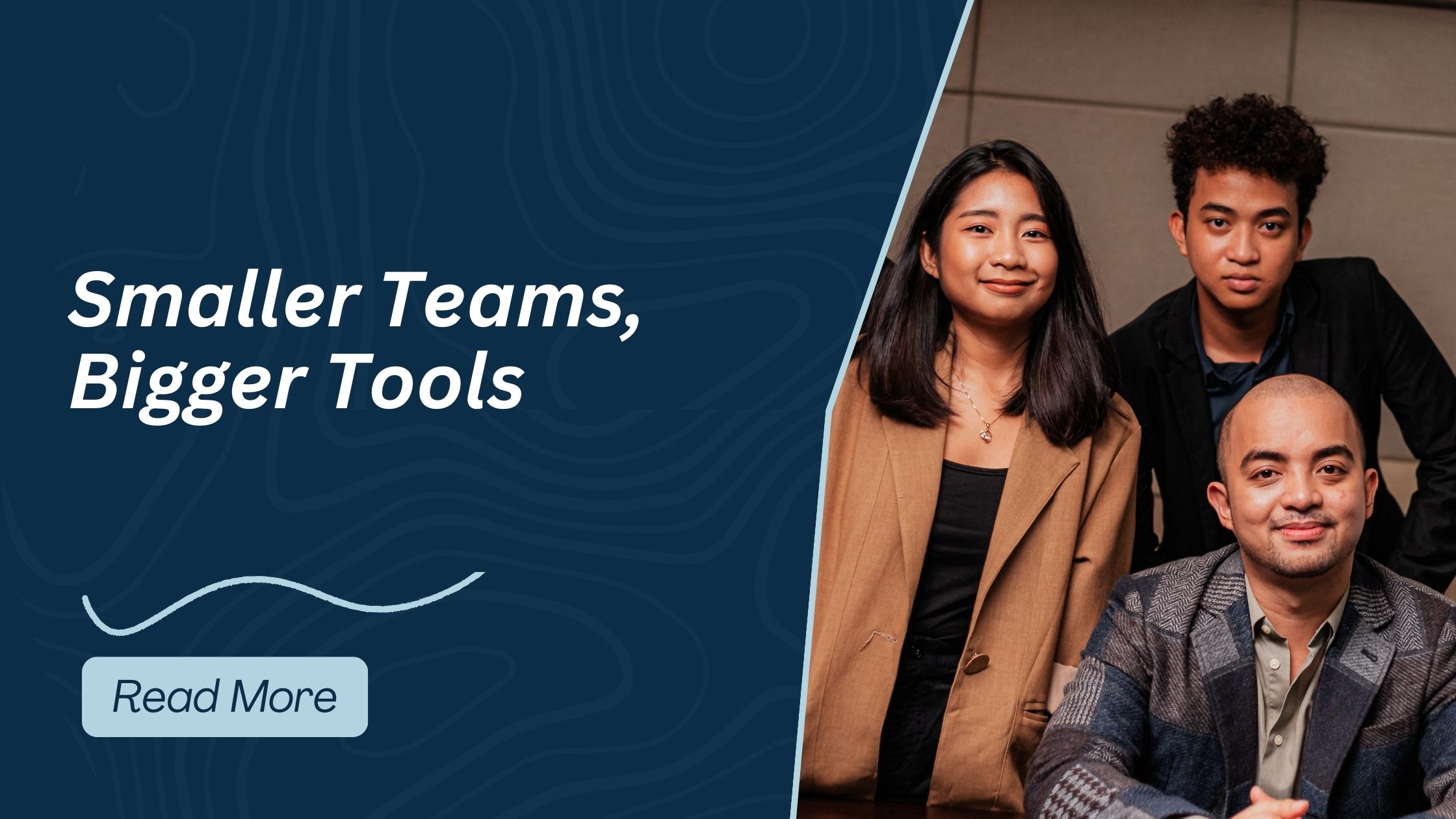For decades, size was the measure of agency strength. Big agencies with hundreds of agents, sprawling offices, and manual back-office support dominated distribution. But in today’s digital-first environment, scale alone isn’t enough.
The future belongs to smaller, tech-enabled agencies. Armed with the right digital tools, lean teams can sell smarter, respond faster, and deliver customer experiences that outpace even the largest manual operations.
With 360Studio’s AgentHome and AGDD (Agents-Guided-Digital-Distribution), this shift is already happening.
The Limits of the Old Model
Large, manual agencies face hidden inefficiencies:
- Heavy overheads: More people means more admin and higher fixed costs.
- Slow workflows: Paper-based or fragmented systems delay submissions and issue policies.
- Training gaps: Inconsistent onboarding leads to uneven quality across the team.
- Customer frustration: Prospects waiting for callbacks or chasing updates often lose trust.
The traditional belief -“bigger is stronger” -no longer holds when agility and customer experience define competitiveness.
Why Smaller, Digital Agencies Win
With the right technology, small teams can outperform large ones by:
- Running Leaner: Fewer staff are needed to manage admin, because tools like AgentHome automate processes and assemble documents in minutes.
- Selling Faster: Prospects can browse products, start purchases, and chat with agents instantly -all without waiting for manual steps.
- Staying Consistent: Digital workflows keep every case in order, reducing errors and avoiding costly NIGO (Not in Good Order) submissions.
- Building Personal Brands: Each agent has their own professional page, helping them stand out and build trust without relying on the agency’s size.
Smaller teams, armed with bigger tools, can close more business with less overhead -a formula that large manual agencies simply can’t match.
How AGDD Levels the Playing Field
AGDD ensures that digital speed doesn’t come at the expense of compliance or advice.
- Customers still receive guidance from agents.
- Policies are still completed with human oversight.
- Insurers maintain visibility and control over the sales process.
This hybrid model allows micro-agencies to scale efficiently while staying safe -a balance insurers value deeply.
The Business Case for Insurers
For insurers, supporting micro-agencies isn’t just about diversity in distribution. It’s about efficiency and growth:
- Lower distribution cost per policy: Lean teams waste less time and submit cleaner cases.
- Faster market reach: Smaller agencies adopt tools more quickly than large, legacy-heavy ones.
- Stronger retention: Agents empowered with digital tools are more satisfied and stay longer.
- Better customer outcomes: Customers benefit from quick responses and smoother journeys.
Conclusion
The age of the mega-agency is fading. Size alone no longer guarantees dominance. Instead, the future belongs to tech-enabled micro-agencies that can do more with less.
With AgentHome and AGDD, even small teams can operate with the professionalism, efficiency, and reach once reserved for the largest players.
For insurers, this is a wake-up call: distribution power isn’t about how many agents you have, but how effectively you enable them. And the agencies that embrace bigger tools -not bigger head counts -will define the next era of growth.




.jpg)